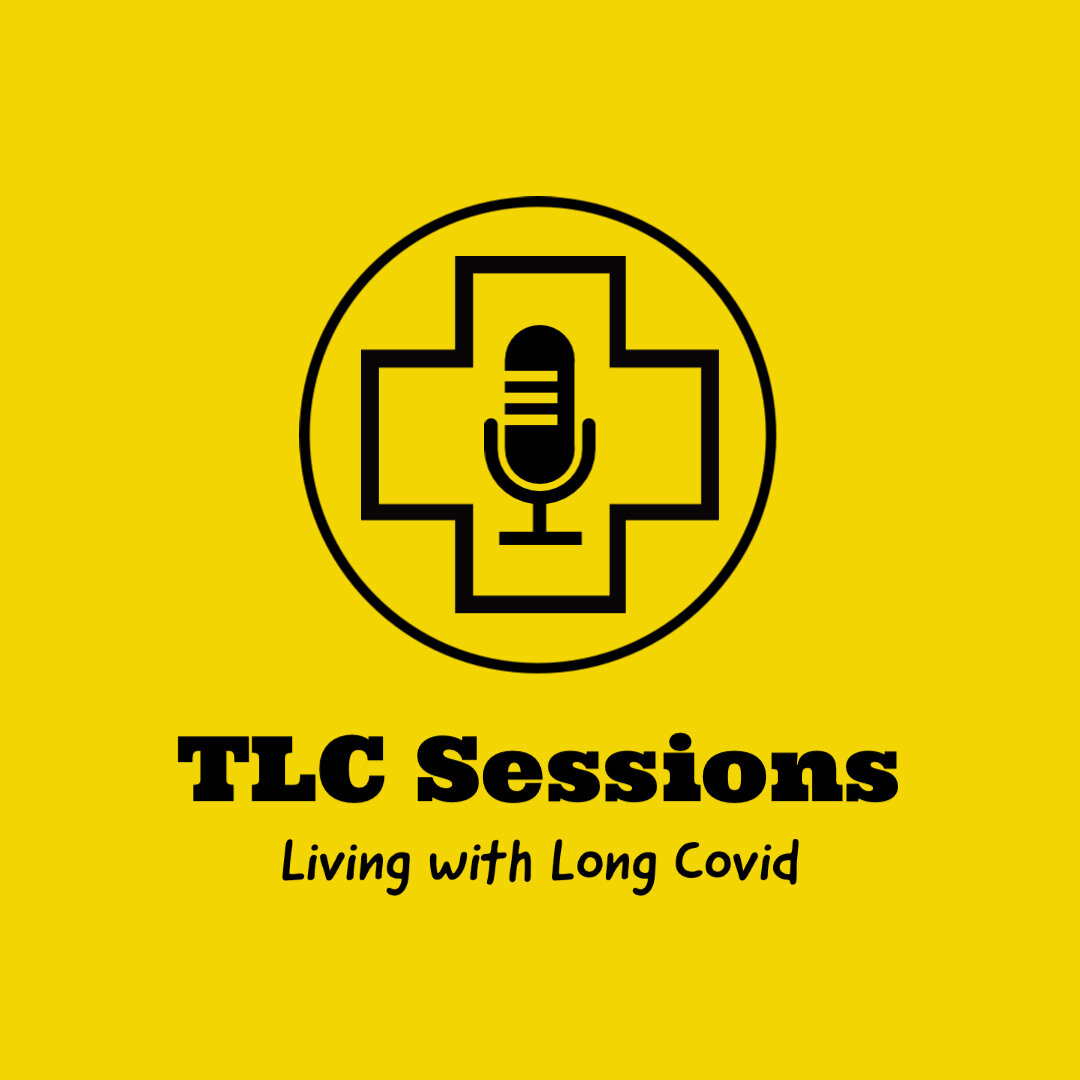Episode 77: Dr. Theoharis Theoharides - the mast cell master
Dr. Theoharis C. Theoharides, a prominent figure in the fields of pharmacology, immunology, and neurology is the Director of the Center of Excellence for Neuroinflammation Research and Professor at the Institute for Neuro-Immune Medicine where he joined Dr Nancy Klimas and her team, at Nova Southeastern University.
Known as The Mast Cell Master, he has dedicated decades of research into the understanding of mast cells and their role in various diseases, including allergies, asthma, and neuroinflammatory conditions such as autism, multiple sclerosis, ME / CFS and now Long Covid.
His research has delved into the connection between mast cells and neuroimmune disorders, shedding light on how mast cell activation can influence neurological conditions. In his latest paper he examines the potential involvement of Mast Cells in the pathophysiology of dysautonomias and neuroinflammatory disorders. And he has also focused on the way in which our neurology influences our mast cells – the direct impact of psychological stress on our cells.
Mast cells (MC) are found throughout the body and play a crucial role in allergic reactions, immunity, and inflammation. They are located near nerve endings and key sites such as the carotid bodies, heart, hypothalamus, pineal gland, and adrenal gland, which allows them to interact with the autonomic nervous system (ANS).
Mast Cells can be triggered not only by allergens but by various other stimuli, including neuropeptides - signals from the ANS. When activated, they release substances that can cause nerve sensitisation, inflammation, and changes in blood vessel function. This ability to release multiple mediators means MC may both help regulate, and disrupt bodily functions in conditions like postural orthostatic tachycardia syndrome (POTS), autism spectrum disorder (ASD), myalgic encephalomyelitis/chronic fatigue syndrome (ME/CFS), and Long-COVID syndrome.
Dr. Theoharides has sought to develop therapeutic approaches to target mast cells and reduce inflammation, including investigating natural compounds and potential drug therapies that can modulate mast cell activity and alleviate symptoms in various disorders. His company, Algonot, has been developing natural supplements for the past 20 years, many of which have undergone scientific review and several of which he is now using in his Long Covid patients.
With over 500 published papers to his name, Dr. Theoharides' work has been widely recognised for its impact on both basic science and clinical applications.
Studies referenced in interview and further reading:
Luteolin: https://pubmed.ncbi.nlm.nih.gov/38588651/
Olive leaf extract against spike protein: https://www.ncbi.nlm.nih.gov/pmc/articles/PMC9617633/ https://www.ncbi.nlm.nih.gov/pmc/articles/PMC9319675/ https://www.frontiersin.org/journals/pharmacology/articles/10.3389/fphar.2022.879118/full
Alpha-lipoic Acid for Peripheral Neuropathy https://www.ncbi.nlm.nih.gov/pmc/articles/PMC9774895/
Mast Cells in IBS: https://pubmed.ncbi.nlm.nih.gov/22552242/
Luteolin, COVID-19, mast cells, cytokines 2020.pdf
Luteolin, Long-COVID brain fog 2021.pdf
Mast cell activation beyond histamine and tryptase 2023.pdf
Mast cells, COVID-19_Annals Allergy Asthma 2021.pdf
SARS-CoC-2 Spike, microglia, neuroinflammation, receptors_Mol Neurobiol, 2023.pdf
Spike protein stimulates mast cells via TLR4_IJMS.pdf
Spike protein, mast cell, microgia, neuro-COVID_Cells, 2023.pdf
Spike, coronavirus, long-COVID_Mol Neurobiol-Nature 2002.pdf

